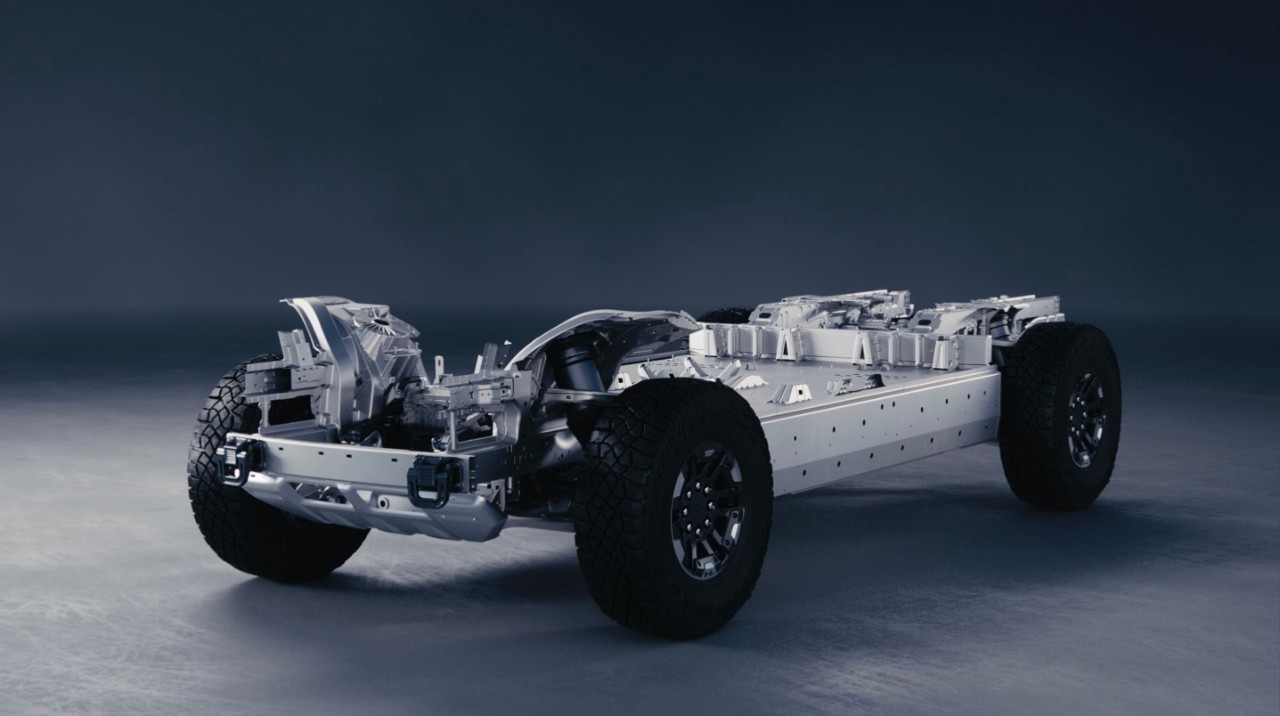

Last week, General Motors (the company that owns the Chevrolet, Buick, GMC, and Cadillac car brands) announced that they had bought a software startup called ALGOLiON that specializes in predicting EV battery fires.
Specifically, “the software uses sophisticated algorithms to identify miniscule changes that could impact battery health weeks earlier than other methods in use today without additional hardware or sensors all while the battery is still operating properly,” according to a press release GM put out about the acquisition.
ALGOLiON was founded in 2014 by a pair of battery industry experts. The key product it developed was software called AlgoShield, which can detect early warning signs that lead to battery hazards. The company explained on its website that its software uses “patented quantitative algorithm systems” that analyze changes in electrical signals from the battery in charge and discharge modes. It also monitors DC currents and voltage signals coming from the device for abnormalities that could indicate the presence of defects.
[Related: Electric cars are better for the environment, no matter the power source]
This technique allows the company to see hazard events that could lead up to a thermal runaway reaction, because it aims to catch early warning signs that come before a temperature rise can be gauged by external sensors. The company has tested its tech in various labs across Europe, the US, and the UK.
Lithium-ion battery fires have become a growing concern for manufacturers of consumer electronic devices from cell phones to e-bikes to cars. GM had to recall thousands of Chevy Bolt EVs in 2021 because of underlying issues with the battery. It was a very expensive ordeal. (The company has since discontinued the Bolt, which used an older form of battery tech, to focus on making vehicles just with its newest battery system, called Ultium.)
Failures with battery cells can be due to design flaws, or wear and tear combined with the wrong mix of temperature and motion. And of course, EV battery fires aren’t just a GM issue. Tesla has also experienced bouts of bad publicity around this problem. And Ford had to recall a dozen F-150 Lightnings after an incident earlier this year. While gas and diesel cars can certainly also catch on fire, EV fires are sometimes stubborn to put out.
The car industry is aware of the potential risks, and has been researching ways to make components less flammable, more compartmentalized, or created with new materials.
